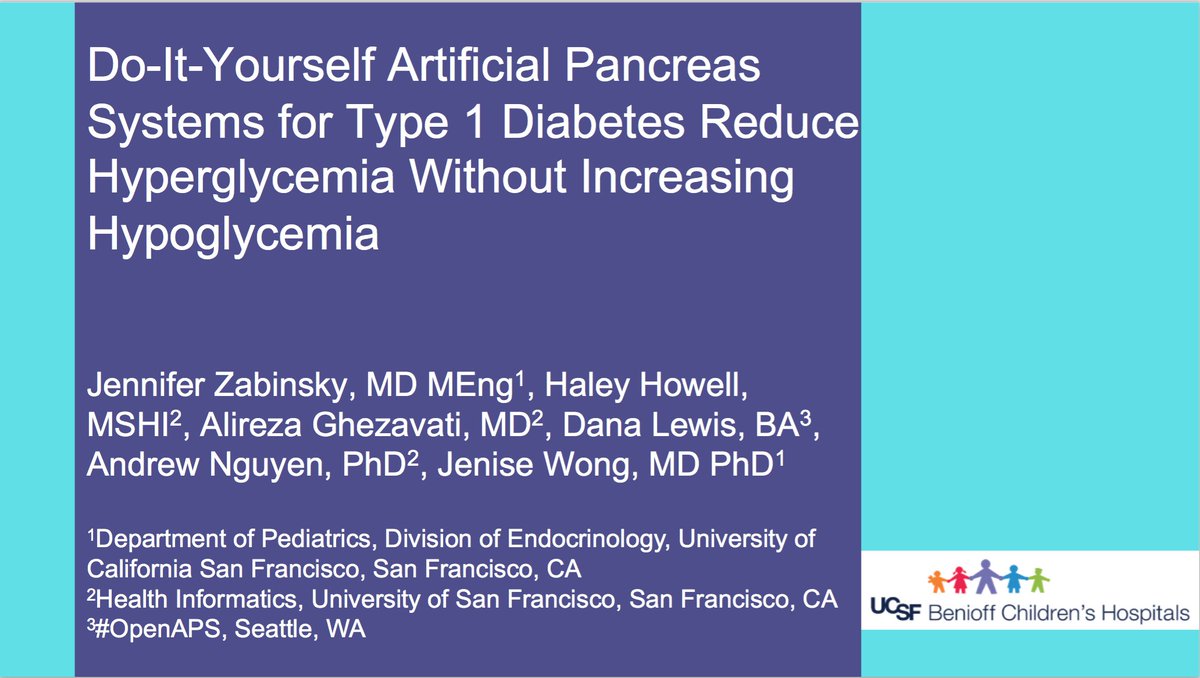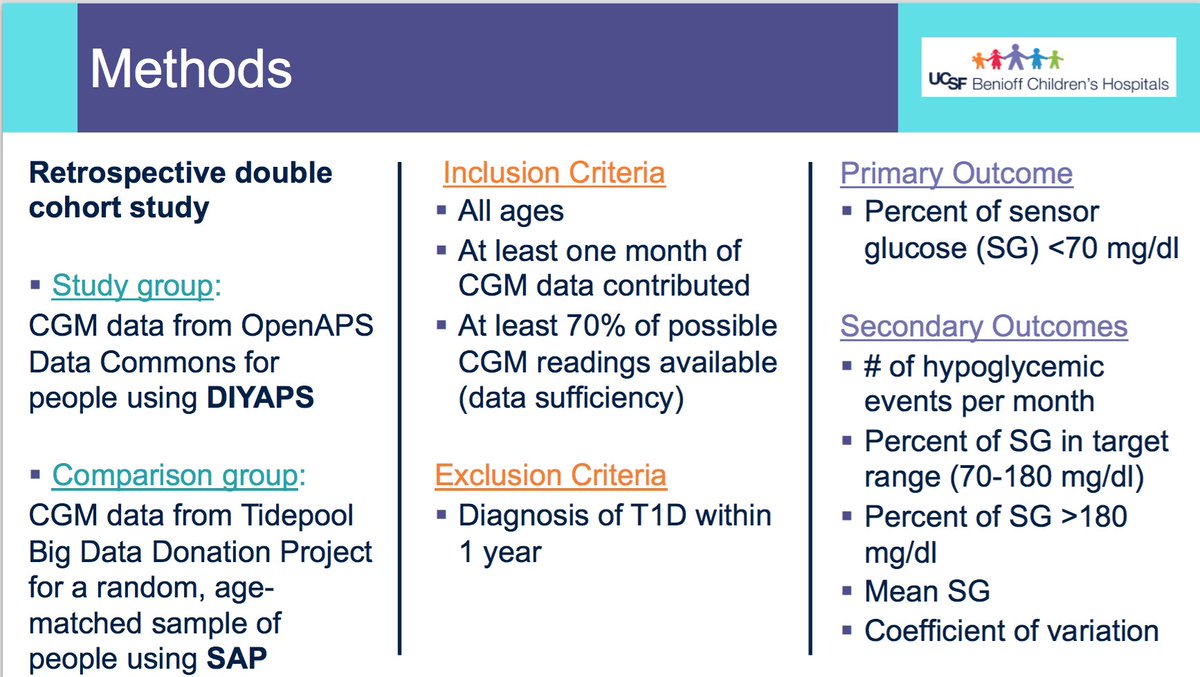What’s #CoEpi (@CoEpiApp) open source project been up to lately? A thread with some updates & frequently asked questions we’re seeing as there is growing awareness of the options of Bluetooth-based technology to support our fight against #COVID19 (+other transmissible illnesses).
If you’re not familiar with #CoEpi (@CoEpiApp), it’s an app for iOS and Android designed to use open source Bluetooth technology to anonymously log interactions with other devices and anonymously share symptoms to alert others. 

How will this work?
First, #CoEpi @CoEpiApp does not have any user-identifiable information. No profile, no name, no username, no picture, etc. The app on the phone only has a randomly generated number that rotates every so often.
First, #CoEpi @CoEpiApp does not have any user-identifiable information. No profile, no name, no username, no picture, etc. The app on the phone only has a randomly generated number that rotates every so often.
When the phone sees another device running a compatible app, it uses the first random number to create a second number that’s called a “temporary contact number” (or TCN). The second device logs this number locally - meaning on the phone itself. 





If you don’t share symptoms, nothing leaves your phone. You’ll still benefit from using #CoEpi by receiving exposure alerts if you get exposed.
If you do choose to share a symptom report, the only thing that leaves your phone is the random number and the symptom report.
If you do choose to share a symptom report, the only thing that leaves your phone is the random number and the symptom report.
The #CoEpi app periodically pulls down symptom reports from the server. It only receives random numbers and associated symptoms. It uses the numbers it receives to regenerate TCN associated with symptoms, and compares the regenerated TCN with the local list seen by that phone. 



If there’s a match (between the regenerated TCN and the TCN that the phone has previously seen), that exposure information is then revealed to the #CoEpi user, showing what symptoms they were potentially exposed to. 

Note that this means #CoEpi (@CoEpiApp) is not doing traditional ‘contact tracing’. It’s doing Bluetooth-enabled anonymous exposure matching and alerting - based on symptom reports. We believe symptom reports are an important *leading* indicator of community transmission.
Contact tracing, while valuable & an essential public health strategy, is usually based off of confirmed #COVID19 tests, which may be limited due to supplies & other resources. Importantly, it’s also slowed down by delays between contagiousness, getting test, & receiving results.
(For more context on the timing implications of #COVID19 test strategies, @trvrb has an excellent thread with illustrations showing the timing and tight timelines to break chains of transmissions with testing and traditional contact tracing:
https://twitter.com/trvrb/status/1250855518316322816?s=20)
#CoEpi is designed to empower users, no matter what your situation is: whether you feel you must stay at home until #COVID19 vaccine becomes available, or you're nervous about going back to work, or if you’re an essential worker supporting our community today.
#CoEpi can be used by individuals & their family, friends, and coworkers. It can also be used successfully by other small communities - such as a workplace, residential community, etc. If you’re interested in exploring a pilot for an organization or workplace, please do reach out
#CoEpi is now in early beta testing for individuals - if you’d like to join the list and support our efforts by providing feedback, you can sign up here: forms.gle/MLeKz9nerPvX8f…. We’ll keep everyone posted as we move to wider stages of testing in the next few weeks.
We can also still use more native (iOS, Android) developers, backend or BLE expertise, etc - you can also indicate on the form (forms.gle/MLeKz9nerPvX8f…) if you have other skills & time to contribute to #CoEpi at #WeAreNotWaiting speed!
• • •
Missing some Tweet in this thread? You can try to
force a refresh










